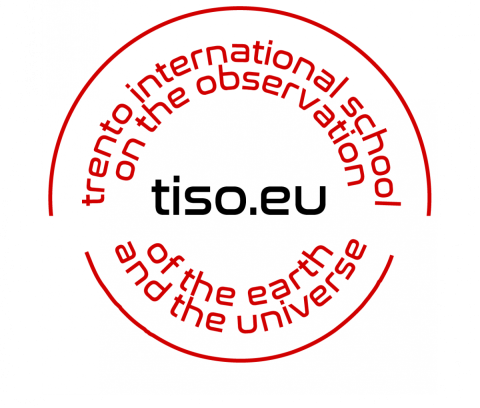
Multisensory food perception in space

Abstract
The perception of flavour is a highly multisensory experience in our daily lives. Recent research by psychologists and cognitive neuroscientists has illuminated the complex interplay of senses that shape the flavours we enjoy, demonstrating how they rely on signals from all human senses. This perspective explores the individual roles of senses in shaping our food perception, highlighting the emerging understanding that the principles of multisensory integration, extensively studied in auditory, visual, and tactile interactions, may also shed light on flavour perception, albeit challenging to investigate. In the last fifty years, there has been a growing interest in the supply and experience of food and beverages in space. This trend is partly driven by the increasing duration of manned missions, underscoring the importance of ensuring adequate nutrition, which has become a critical aspect of mission planning. Evidence from astronauts suggests that the taste of food changes in space compared to on Earth. The underlying hypothesis posits that space conditions may alter the perceived flavour of food, potentially leading to decreased consumption by astronauts.
References
Taylor AJ, Beauchamp JD, Briand L, et al. Factors affecting flavor perception in space: Does the spacecraft environment influence food intake by astronauts? Compr Rev Food Sci Food Saf. 2020; 19: 3439–3475. https://doi.org/10.1111/1541-4337.12633
Online attendance
Zoom link: https://unitn.zoom.us/j/7471889896
Passcode: 19824
